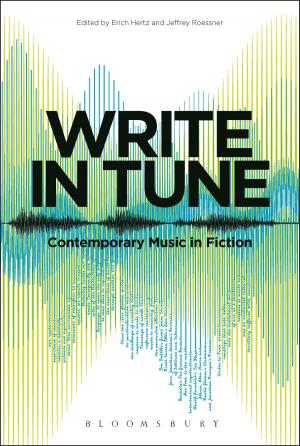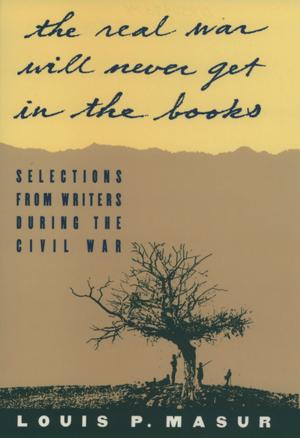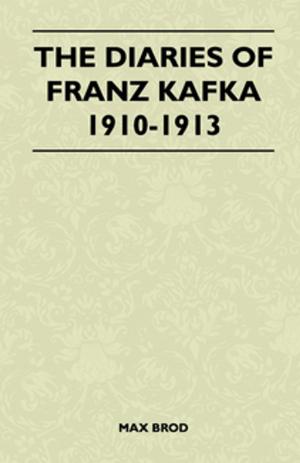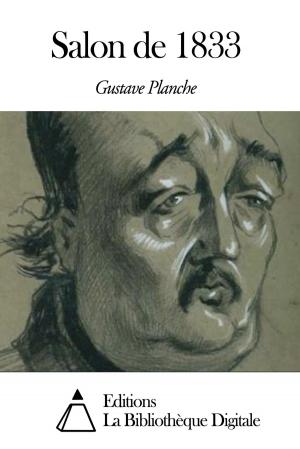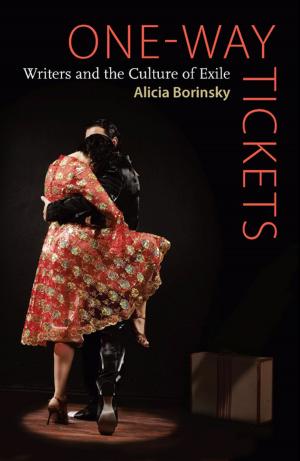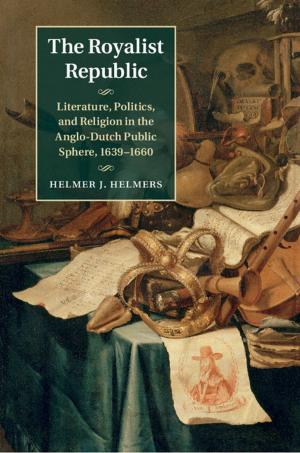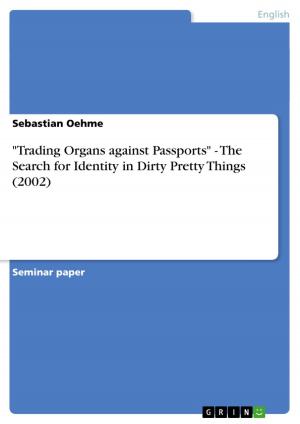| Author: | Norby Nayar | ISBN: | 9781311776365 |
| Publisher: | Norby Nayar | Publication: | April 14, 2014 |
| Imprint: | Smashwords Edition | Language: | English |
| Author: | Norby Nayar |
| ISBN: | 9781311776365 |
| Publisher: | Norby Nayar |
| Publication: | April 14, 2014 |
| Imprint: | Smashwords Edition |
| Language: | English |
Though the stories in The Buffet are set in India, their themes are universal: family and personal relationships, the realities and effects of the environment and the individual in relation to society, country, economy, migration and culture.
Grace and a succinct yet vivid style are acknowledged to be the characteristics of this writer. Her prose and poems had been praised by editors in England.
The stories, for the most part, depict the lives of post-1940 generations with sympathy, delicacy and humour. They may be analytical and psychological, but the author writes from the heart, not for the purpose of serving genres. However, they seem to be rather in line with Dutch paintings such as those of Vermeer where reflection is set off by or revolves around a thing or a daily act. The general tone of the narrative is far from omniscient; in fact the reader is invited to partake of the reflective processes, the conclusions being open-ended and receptive to the reader’s own conclusions.
For readers interested in details, we provide a synopsis:
The Buffet: The life of a college librarian in Kerala who- in the intellectually stimulating air of the university- owns the facilities to embark on his own novel. The record bears glimpses into the writing process, the middle-aged bachelor’s solitude and his emotional dependence on his family.
The life of Sister Lizzie: A brilliant, attractive, young nun in Kerala channellizes her private grief into the improvement of youth.
The Beauty Shop: Reflections on beauty and the career of a beauty parlour-owner in Kerala… though her attitudes to beauty are challenged towards the conclusion of the story.
The beloved and the after-life: Three educated, middle-aged women in a Bombay café speculate on relationships with their loved ones in the life to come. The tale vibrates with the spiritual and material issues of our times.
The single bed: The lives of two college friends. One makes an impetuous marriage; the other remains single throughout her life. This is may be a story of disenchantment such as those in the wear-and-tear of years are apt to feel, but the two women accept the lessons of experience with resilience and courage.
Good Christians on Good Friday: A college student reflects on the effects of our consumer-ridden society in the severe setting of Good Friday.
The second baby: The eldest child’s reactions to her new-born brother.
Murder, she wrote: A tragi-comic account of a woman writing a murder tale; in part an ironical set of reflections on the public’s fascination with murder-thrillers and violence.
A glass of lassi: A young college lecturer reflects on country, love, the economy and migration while he drinks a glass of lassi in the vindictive summer heat of Bombay.
Though the stories in The Buffet are set in India, their themes are universal: family and personal relationships, the realities and effects of the environment and the individual in relation to society, country, economy, migration and culture.
Grace and a succinct yet vivid style are acknowledged to be the characteristics of this writer. Her prose and poems had been praised by editors in England.
The stories, for the most part, depict the lives of post-1940 generations with sympathy, delicacy and humour. They may be analytical and psychological, but the author writes from the heart, not for the purpose of serving genres. However, they seem to be rather in line with Dutch paintings such as those of Vermeer where reflection is set off by or revolves around a thing or a daily act. The general tone of the narrative is far from omniscient; in fact the reader is invited to partake of the reflective processes, the conclusions being open-ended and receptive to the reader’s own conclusions.
For readers interested in details, we provide a synopsis:
The Buffet: The life of a college librarian in Kerala who- in the intellectually stimulating air of the university- owns the facilities to embark on his own novel. The record bears glimpses into the writing process, the middle-aged bachelor’s solitude and his emotional dependence on his family.
The life of Sister Lizzie: A brilliant, attractive, young nun in Kerala channellizes her private grief into the improvement of youth.
The Beauty Shop: Reflections on beauty and the career of a beauty parlour-owner in Kerala… though her attitudes to beauty are challenged towards the conclusion of the story.
The beloved and the after-life: Three educated, middle-aged women in a Bombay café speculate on relationships with their loved ones in the life to come. The tale vibrates with the spiritual and material issues of our times.
The single bed: The lives of two college friends. One makes an impetuous marriage; the other remains single throughout her life. This is may be a story of disenchantment such as those in the wear-and-tear of years are apt to feel, but the two women accept the lessons of experience with resilience and courage.
Good Christians on Good Friday: A college student reflects on the effects of our consumer-ridden society in the severe setting of Good Friday.
The second baby: The eldest child’s reactions to her new-born brother.
Murder, she wrote: A tragi-comic account of a woman writing a murder tale; in part an ironical set of reflections on the public’s fascination with murder-thrillers and violence.
A glass of lassi: A young college lecturer reflects on country, love, the economy and migration while he drinks a glass of lassi in the vindictive summer heat of Bombay.



